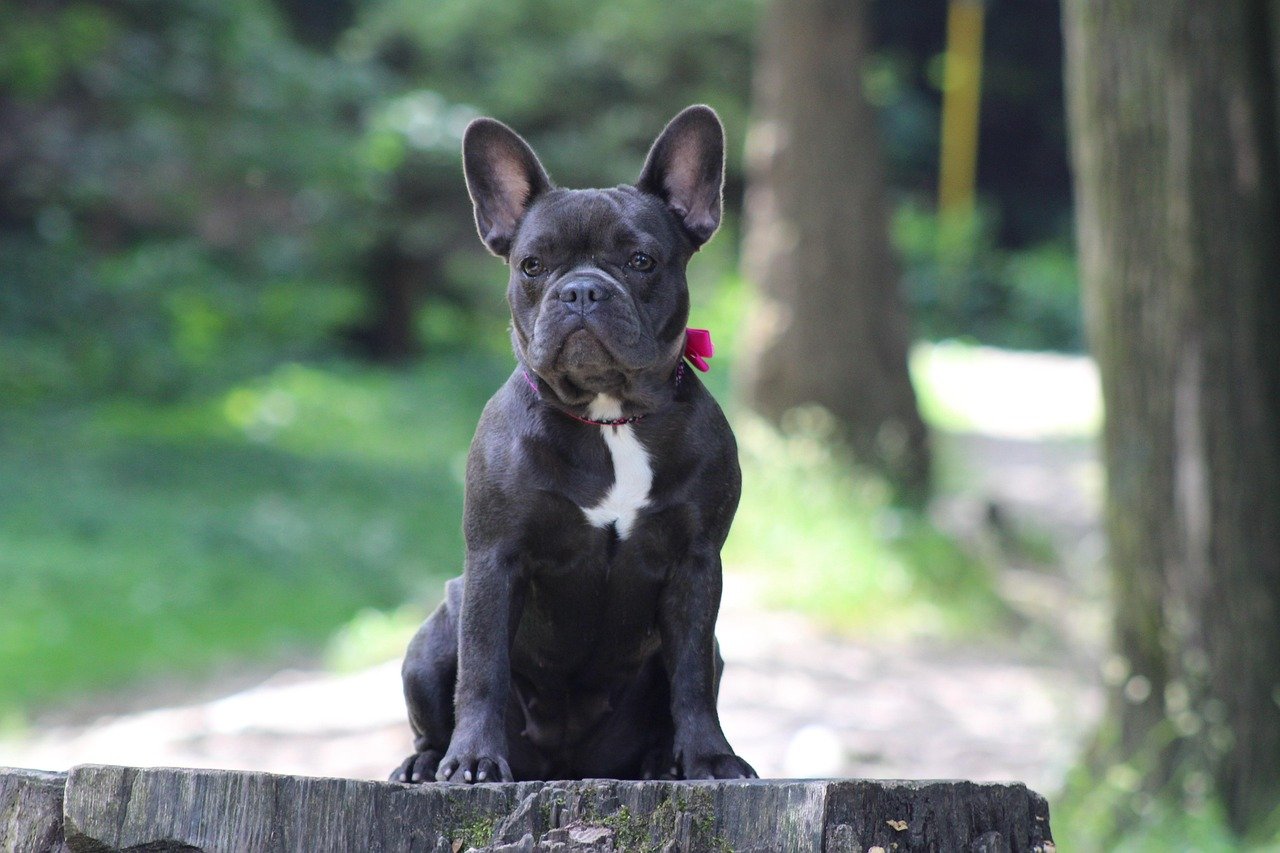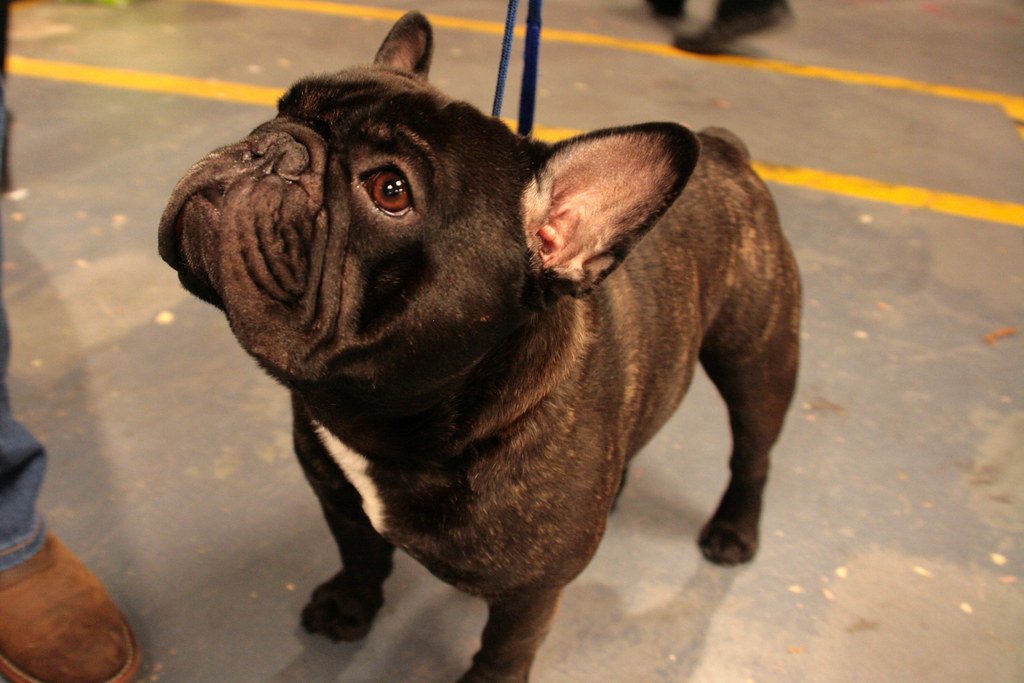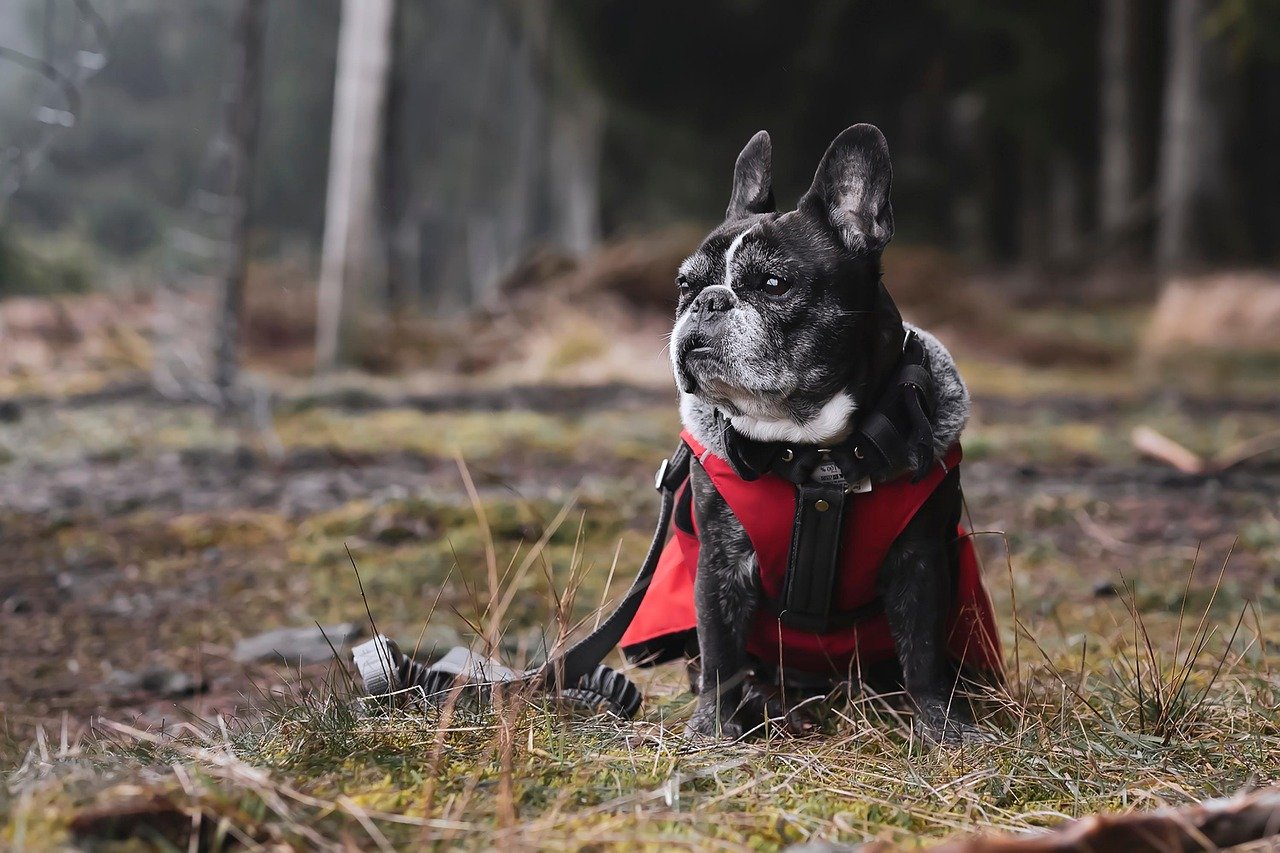Have you ever found yourself scrolling through social media, only to be bombarded by the adorable faces of French Bulldogs? Their bat-like ears, squished faces, and big, soulful eyes seem to be everywhere! But before you fall head over heels and put your name on a waiting list, it’s time for some honest talk. While these pint-sized pups have stolen the spotlight and the hearts of many, there’s a side to the French Bulldog craze that often gets swept under the rug. Could it be that French Bulldogs are, in fact, the most overrated breed of all time? Let’s dive into the real story behind the hype.
Popularity Fueled by Social Media

French Bulldogs have become the poster dogs for Instagram and TikTok. Everywhere you look, influencers and celebrities are posing with their cute Frenchies, making them seem like the ultimate pet accessory. This online stardom has skyrocketed their popularity to wild heights, with many people buying them just for the “likes” and attention. The trouble is, this kind of popularity often overlooks what it really means to own a Frenchie.
When a breed becomes a trend, people often rush into ownership without understanding the responsibilities involved. French Bulldogs aren’t just cuddly content machines—they’re living, breathing beings with unique needs and challenges. Many new owners find themselves unprepared for the reality, leading to disappointment and, sadly, sometimes even abandonment. The hype can make people forget to ask: is this dog right for my lifestyle?
Health Problems Waiting to Happen

It’s hard to ignore those wrinkly faces and snuffly noses, but did you know that French Bulldogs are plagued by serious health problems? Their adorable features come with a hefty price: chronic breathing issues, skin problems, and joint pain are just the start. Brachycephalic airway syndrome, which affects their ability to breathe, is a constant worry for many Frenchie owners.
Imagine not being able to take your dog for a simple walk on a warm day because they might overheat or struggle to breathe. Many French Bulldogs require expensive surgeries just to improve their quality of life. The cute look comes at a cost—one that’s often painful for both the dog and the owner. It begs the question: is it fair to glamorize a breed that suffers so much for its appearance?
High Maintenance, Low Stamina

French Bulldogs might look like they’re up for anything, but in reality, they’re one of the least active breeds around. They tire easily and can’t handle long walks or energetic play. If you dream of hiking trails with your four-legged friend, a Frenchie isn’t the one to keep up with you. Many people are surprised by how quickly their French Bulldog gets worn out, especially in warm weather.
Their low stamina also means they’re prone to weight gain, which can add to their health issues. What’s worse, their stubborn nature makes exercise even more of a challenge. Owners often end up spending more time coaxing their Frenchie off the couch than enjoying outdoor adventures. The reality is, these dogs are high maintenance in all the wrong ways.
Expensive to Own and Insure

French Bulldogs are one of the most expensive breeds to purchase, often costing several thousand dollars for a puppy. But the initial price tag is just the start. Their ongoing health issues mean vet bills can skyrocket, making them one of the most costly breeds to own over their lifetime. Even pet insurance companies know this—premiums for Frenchies are often much higher than for other breeds.
Unexpected expenses can put a real strain on your budget, and many new owners are caught off guard by the true cost of caring for a French Bulldog. It’s not just the price of the dog, but the price of keeping them healthy and happy. This financial burden is something that’s rarely talked about in those cute online posts.
Breeding Ethics in Question

The demand for French Bulldogs has led to a rise in irresponsible breeding practices. Because their bodies are so difficult to breed naturally, many Frenchies are born via artificial insemination and delivered by C-section. Some breeders cut corners, ignoring health and temperament in favor of producing more puppies to satisfy the craze.
This rush to meet demand can result in puppies with even more severe health problems and shorter lifespans. The sad truth is that the French Bulldog industry is riddled with unethical practices, and many buyers have no idea where their puppies are really coming from. If you care about animal welfare, this is a big red flag.
Lack of Natural Birthing Abilities

Unlike most dogs, French Bulldogs can rarely give birth naturally. Their heads are so large and their hips so narrow that most litters require surgical intervention. This isn’t just tough on the mothers; it’s also risky and expensive. Imagine if every child had to be delivered by C-section—how strange would that be?
Many people are shocked to learn this fact after they’ve already fallen for the breed. It’s not just inconvenient; it raises serious questions about whether it’s ethical to continue breeding dogs who can’t reproduce without human help. This unnatural process is a stark reminder that sometimes, nature knows best.
Training Challenges and Stubborn Streaks
French Bulldogs are notorious for their stubbornness. Training can be a real test of patience, especially for first-time dog owners. While they’re clever and sometimes eager to please, they often have a mind of their own. Basic commands like “sit” and “stay” might take weeks to master, and housebreaking can feel never-ending.
This independent streak can be charming in small doses, but it quickly becomes frustrating when you’re trying to teach good manners. Many owners find themselves giving up on training altogether, which can lead to behavioral problems down the road. If you’re hoping for a dog that’s eager to learn and easy to train, you might want to think twice.
Limited Exercise Tolerance

A lot of people assume that a small dog equals an energetic companion, but French Bulldogs prove that isn’t always true. Their short noses and compromised airways mean they can’t handle much physical activity. Even a short walk on a hot day can be dangerous. They’re also not great swimmers, so forget about trips to the lake.
This limited exercise tolerance means they need to be watched closely, especially as puppies. Playtime needs to be calm and controlled, and overexertion can quickly turn into a medical emergency. For active families, this low-energy lifestyle is a big letdown.
Vocal, Yet Not Guard Dogs

French Bulldogs might bark at every little noise, but they’re no guard dogs. Their vocalizations can be surprising—some even sound like little gremlins! While their barks are rarely aggressive, they can be persistent and annoying, especially in apartments or close quarters.
Despite all the noise, Frenchies are more likely to greet a stranger with a wiggly tail than a warning growl. If you’re looking for a protective companion, don’t be fooled by their bravado. Their loud personalities mask a total lack of guarding instinct.
Allergy and Shedding Surprises

People often assume that French Bulldogs are hypoallergenic or low-shedding, but this couldn’t be further from the truth. Their short coats actually shed a surprising amount, and their dander can be a real problem for allergy sufferers. Regular grooming is a must, and those cute wrinkles need constant cleaning to prevent infections.
The reality of living with a Frenchie is often messier than expected. You’ll find hair on your clothes, your couch, and even in your morning coffee. For people with allergies or a love of clean homes, this can be a nasty surprise.
The Myth of the “Perfect Apartment Dog”
French Bulldogs are often billed as the ideal apartment pet because of their small size and low energy. While it’s true that they don’t need a yard, their need for attention and their tendency to develop separation anxiety can make apartment living tricky. A bored or lonely Frenchie can become destructive, barking or chewing everything in sight.
They’re also sensitive to loud noises and changes in environment, which can be common in city living. Instead of a calm, easy-going roommate, you might end up with a needy, anxious one. The myth of the perfect apartment dog doesn’t always match up with reality.
French Bulldogs have captured hearts worldwide with their adorable looks and easygoing charm—but popularity doesn’t always equal practicality. As we’ve explored, their health issues, breeding concerns, and limited activity tolerance can make them a challenging choice for many owners. While they can be loving companions in the right circumstances, it’s important to look beyond the trend and consider what daily life with a Frenchie really entails. By approaching breed selection with honesty and research, you’re more likely to find a dog that truly fits your lifestyle—rather than one that simply fits the current hype.

Born and bred in South Africa, a Capetonian at heart. Amy-Leigh’s love for nature and animals was inherited from her Dad. He loves taking the family on road trips to experience nature at its finest; Amy-Leigh’s favourite being whale watching in Hermanus and spotting Kudu along the West Coast. Amy-Leigh holds a BA in English Literature and Communication Studies.






